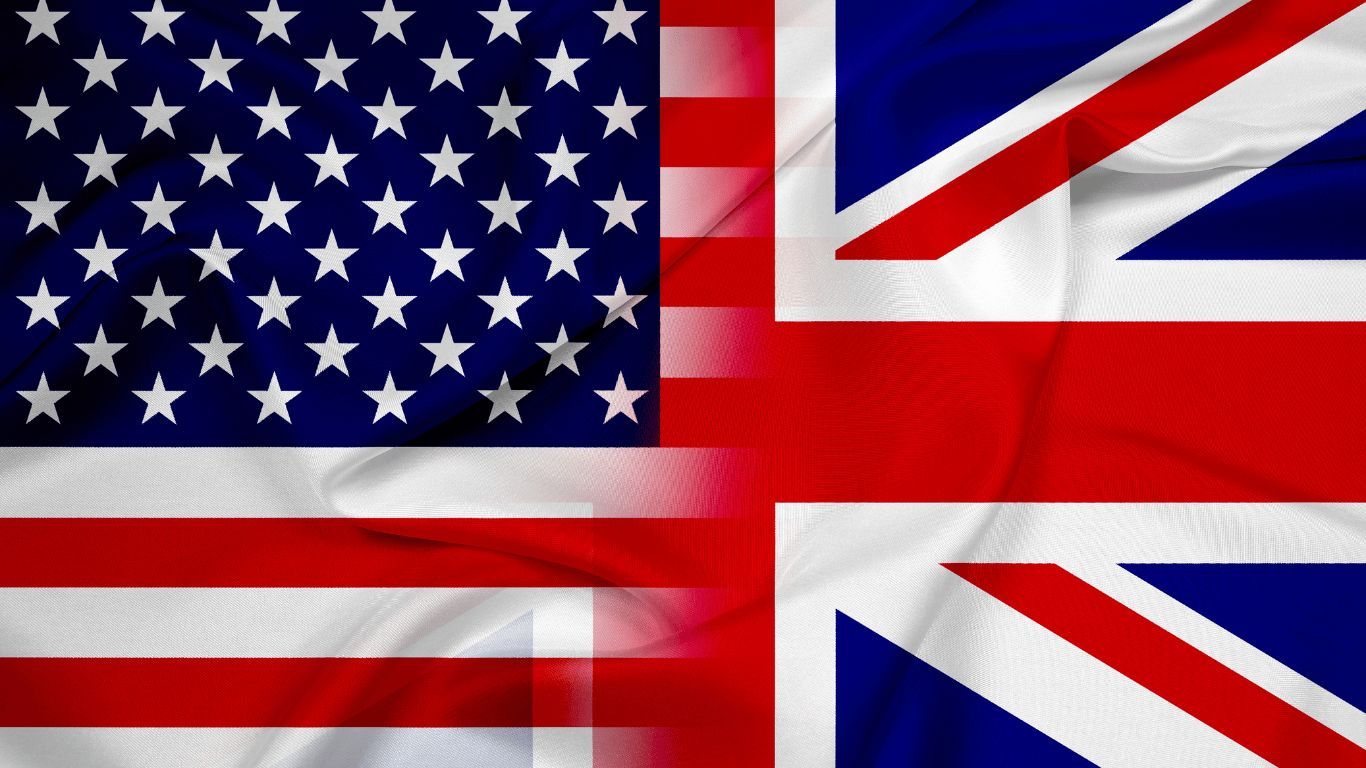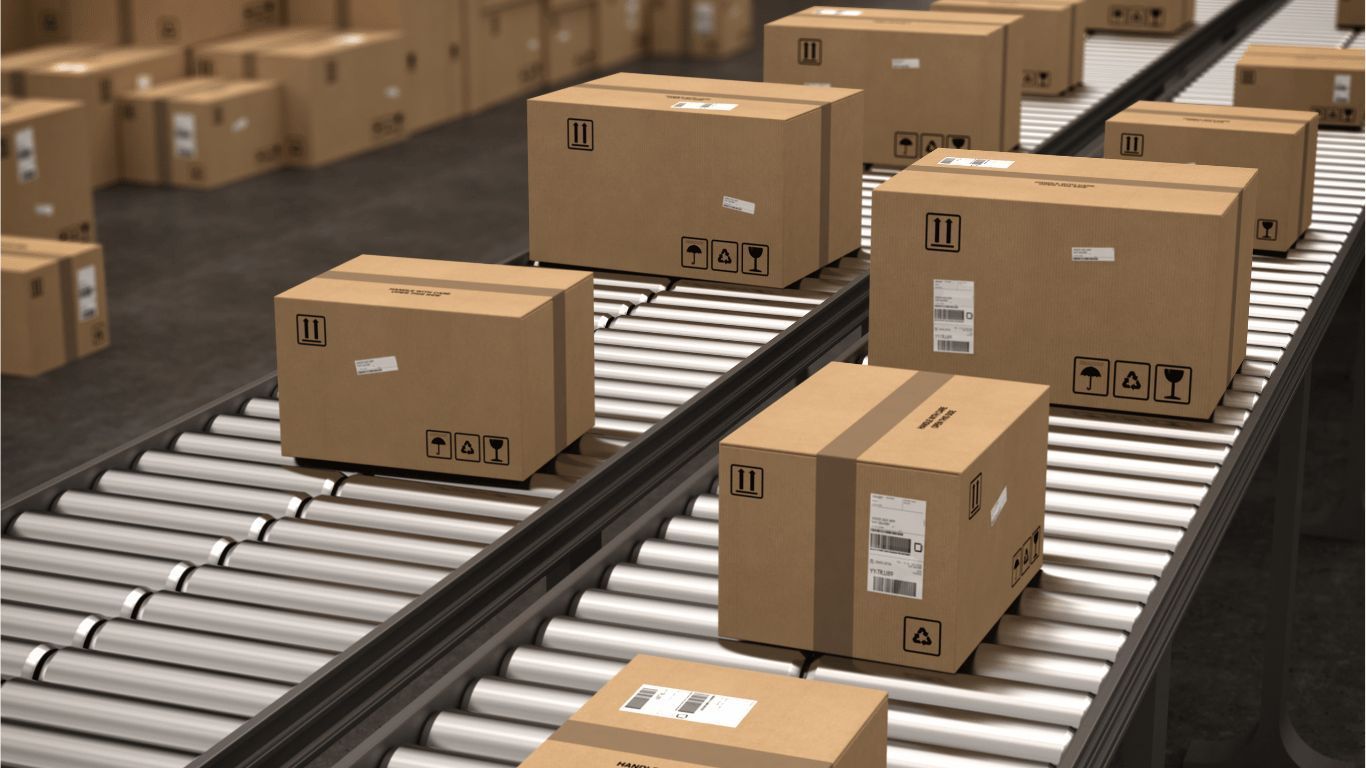Developing Countries Trading Scheme (DCTS)
The UK’s Generalised Scheme of Preferences (GSP) has been replaced by the Developing Countries Trading Scheme (DCTS), which entered into force on 19 June 2023.

What is the Generalised Scheme of Preferences (GSP)?
The Generalized System of Preferences, or GSP was introduced in 1971 to develop a trading environment for developing countries. The objective was to help developing countries by enabling them to exploit duty-free and quota free access into the markets of developed countries. The first developed nations to grant GSP preferences were Armenia, Australia, Belarus, Canada, the European Union, Iceland, Japan, Kazakhstan, New Zealand, Norway, the Russian Federation, Switzerland, Turkey, United Kingdom and the United States of America.
EU Generalised System of Preferences (GSP)
The European Union (EU) GSP scheme allows products originating in certain developing countries preferential access to the markets of the EU. The EU preferential treatment is given in the form of reduced or zero rates of Customs Import Duties. The GSP scheme is designed to benefit certain developing countries by granting them important access to all countries within the EU.
The European Union (EU) GSP scheme has three tiers of trade preferences, which are based on a beneficiary country’s level of development.
General GSP
Beneficiary countries can benefit from duty suspension for non-sensitive products and duty reductions for sensitive products across approximately 66 per cent of all EU tariff lines.
GSP+
The GSP+ is an incentive arrangement for Sustainable Development and Good Governance that aids developing countries that have ratified 27 international conventions on human rights, labour rights, environmental protection and climate change, and good governance.
Everything But Arms (EBA)
The EBA arrangement allows duty-free and quota-free access for all products originating in Least Developed Countries (LDCs). Products, such as arms and ammunition are excluded.
Obtaining EU Preferential Treatment on Imports
The importation into the EU must be accompanied by documentary evidence of origin, such as a Movement Certificate EUR.1, an invoice declaration or a statement on origin. This documentary evidence verifies that the goods meet the criteria commonly known as preferential rules of origin.
The UK’s own Generalised Scheme of Preferences
The UK’s own Generalised Scheme of Preferences has been in place since Brexit and largely replicated those tariffs reduced or removed by the European Union (EU) GSP scheme. As with the EU scheme, the UK scheme requires the UK importer to have documentary evidence of origin provided by the exporter. In many cases the exporter would have to furnish a Form A Certificate with an origin declaration. The UK Generalised Scheme of Preferences provided continuity of trade access for 70 developing countries during the transition period following Brexit.
The Developing Countries Trading Scheme (DCTS)
The Developing Countries Trading Scheme (DCTS) came into force on 19 June 2023 and has now replaced the UK’s Generalised Scheme of Preferences (GSP).
The Department for Business and Trade has stated that following the end of the transition period and the resumption of an independent trade policy, the UK has an opportunity to develop a new scheme. The new scheme will be an opportunity for the United Kingdom to grow free and fair trade with developing countries, boosting the economy and supporting jobs in those countries, as well as in ours.
The Department for Business and Trade has stated that the DCTS is a simpler and more generous preferential trading scheme which has been designed to boost trade with developing countries in order to support their development. The DCTS cuts tariffs, removes conditions and simplifies trading rules for developing countries and benefits UK businesses and consumers by reducing the import cost of thousands of products from around the globe.
The DCTS applies to 65 countries that fall under one of the following categories:
- Least developed countries (LDCs) as defined by the United Nations
- Low income and lower middle-income countries as defined by the World Bank
Claiming DCTS Duty Preference
The Department for Business and Trade has stated that an importer can follow 4 steps to claim a preference under the DCTS. A preference could be reduced or 0% tariffs, relaxed rules of origin or generous product specific rules (PSRs) under the DCTS:
1. Determine the tariff that applies to your product based on your country.
2. Understand the rules of origin for your product.
3. Identify applicable standards and regulatory requirements.
4. Claim preferences under the DCTS.
As importers did with GSP, they must submit the relevant proof of origin and customs forms to claim preferences under the DCTS.
Further assistance with The Developing Countries Trading Scheme (DCTS)
We can provide further advice and guidance regarding the Developing Countries Trading Scheme (DCTS) to ensure that your company can claim duty preference on qualifying imports. For more information, please contact our company on 0118 932 8447 or by e-mail: info@icsglobalservices.co.uk




